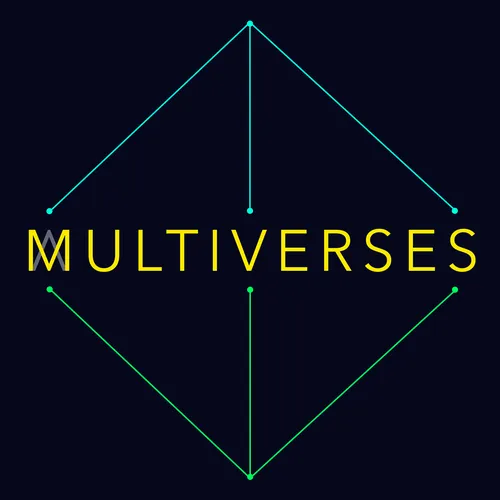
MULTIVERSES
Coffee table conversations with people thinking about foundational issues. Multiverses explores the limits of knowledge and technology. Does quantum mechanics tell us that our world is one of many? Will AI make us intellectually lazy, or expand our cognitive range? Is time a thing in itself or a measure of change? Join James Robinson as he tries to find out.
- Update frequency
- every 15 days
- Average duration
- 88 minutes
- Episodes
- 39
- Years Active
- 2023 - 2025
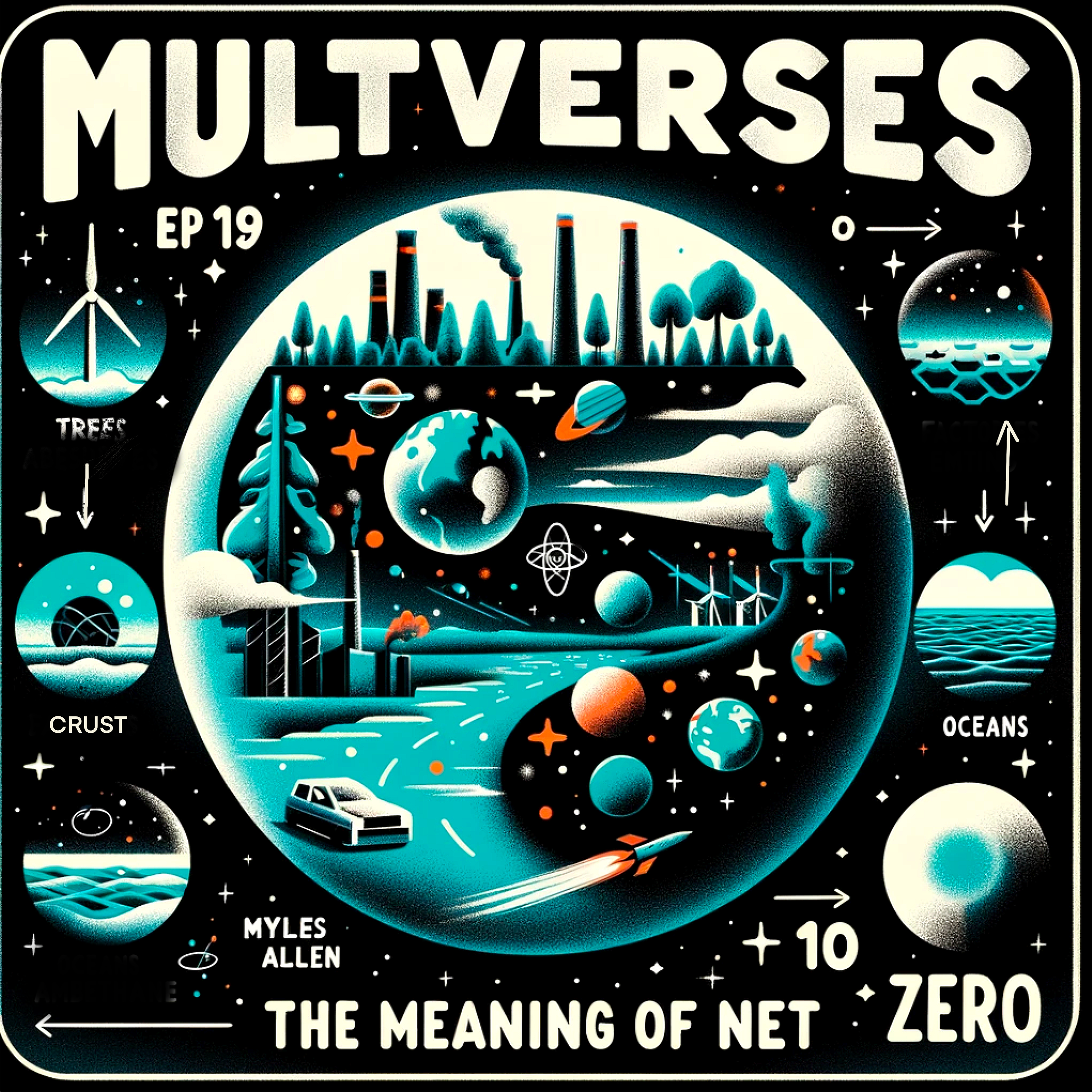
19| The Meaning of Net Zero — Myles Allen
To stop global warming it is not enough to stop atmospheric CO2 rising. That is not the meaning of net zero.
Despite net zero being a core concept in the Paris Agreement, it appears to be much misunde…
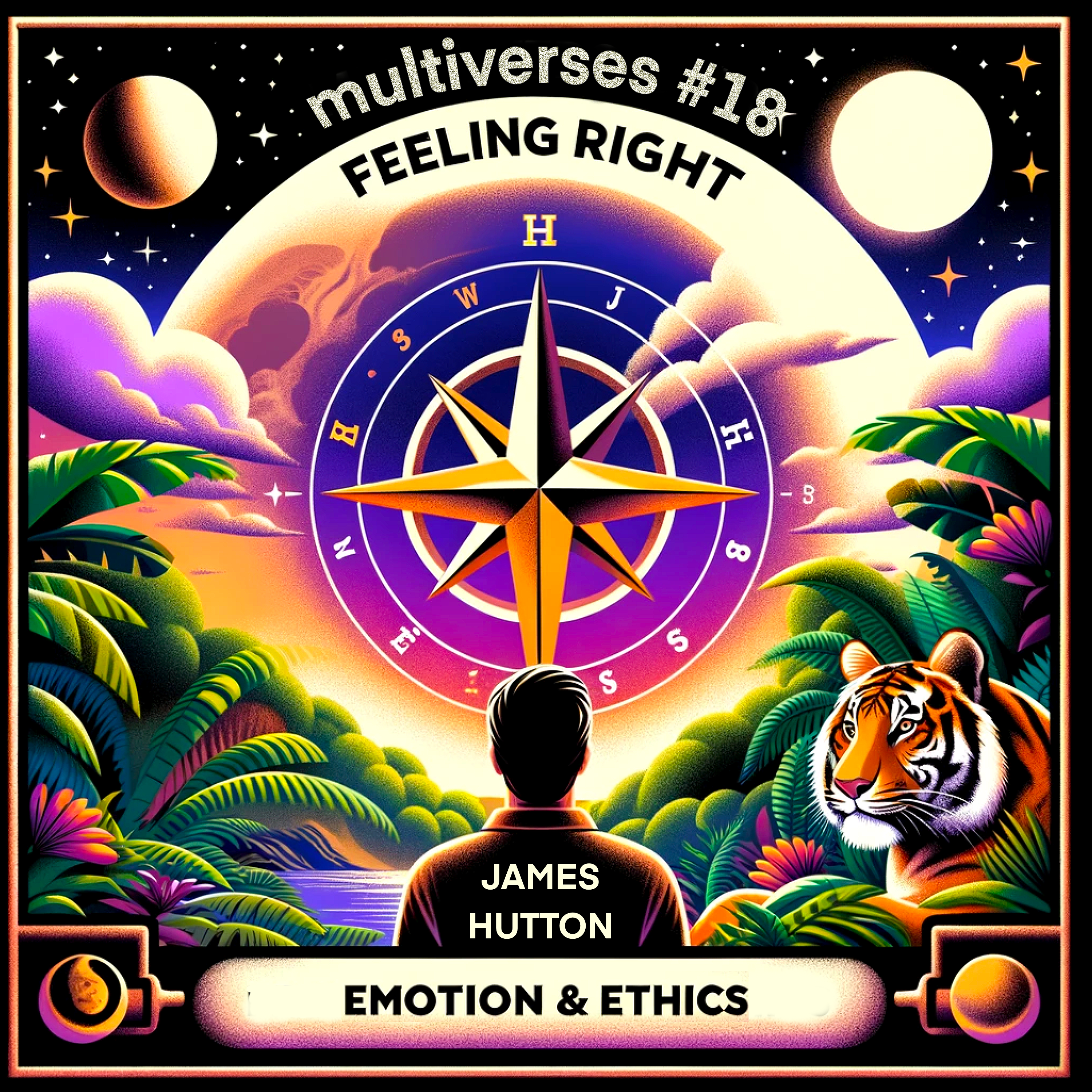
18| Feeling Right: Emotions & Ethics — James Hutton
Can we trust our emotions as a guide to right and wrong?
This week's guest James Hutton is a philosopher at the University of Delft who argues that emotions provide a way of testing our moral beliefs …
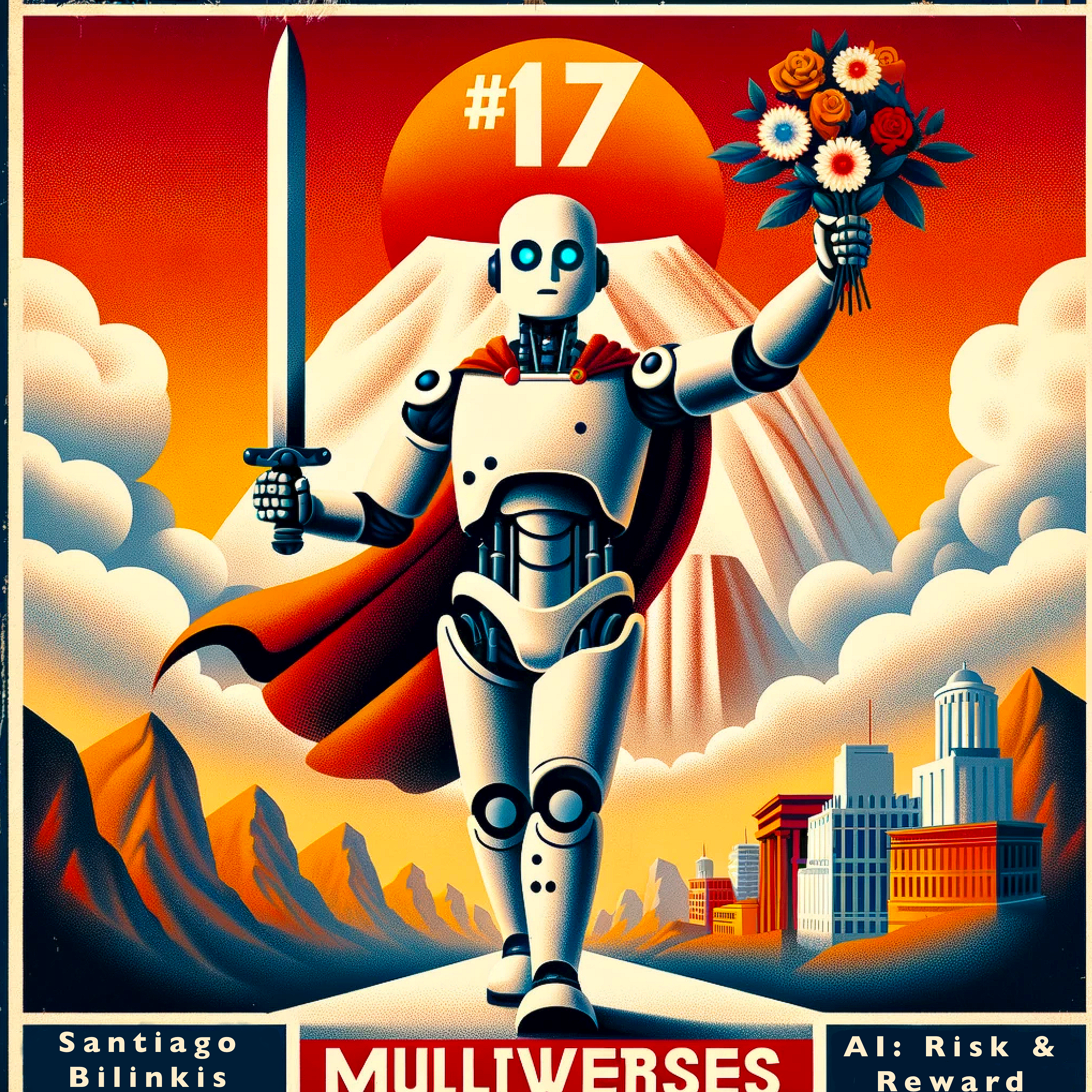
17| Santiago Bilinkis — Artificial Intelligence: Risks & Rewards
Could AI's ability to make us fall in love with be our downfall? Will AI be like cars, machines that encourage us to be sedentary, or will we use it like a cognitive bicycle — extending our intellect…
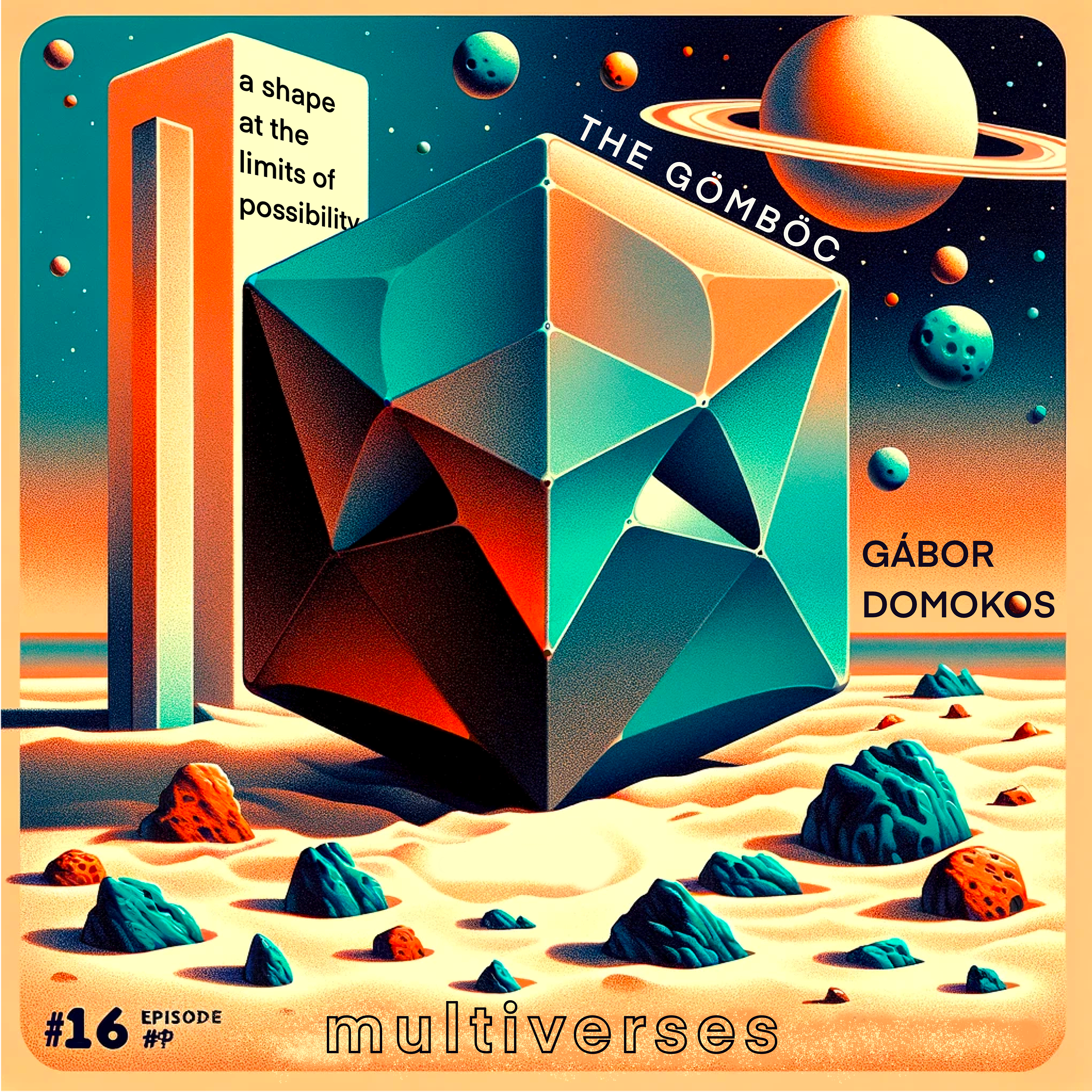
16| Gábor Domokos — The Gömböc, a shape at the limit of possibility
The Gomboc is a curious shape. So curious many mathematicians thought it could not exist. And even to the untrained eye, it looks alien: neither the product of human or natural processes.
This week Gá…
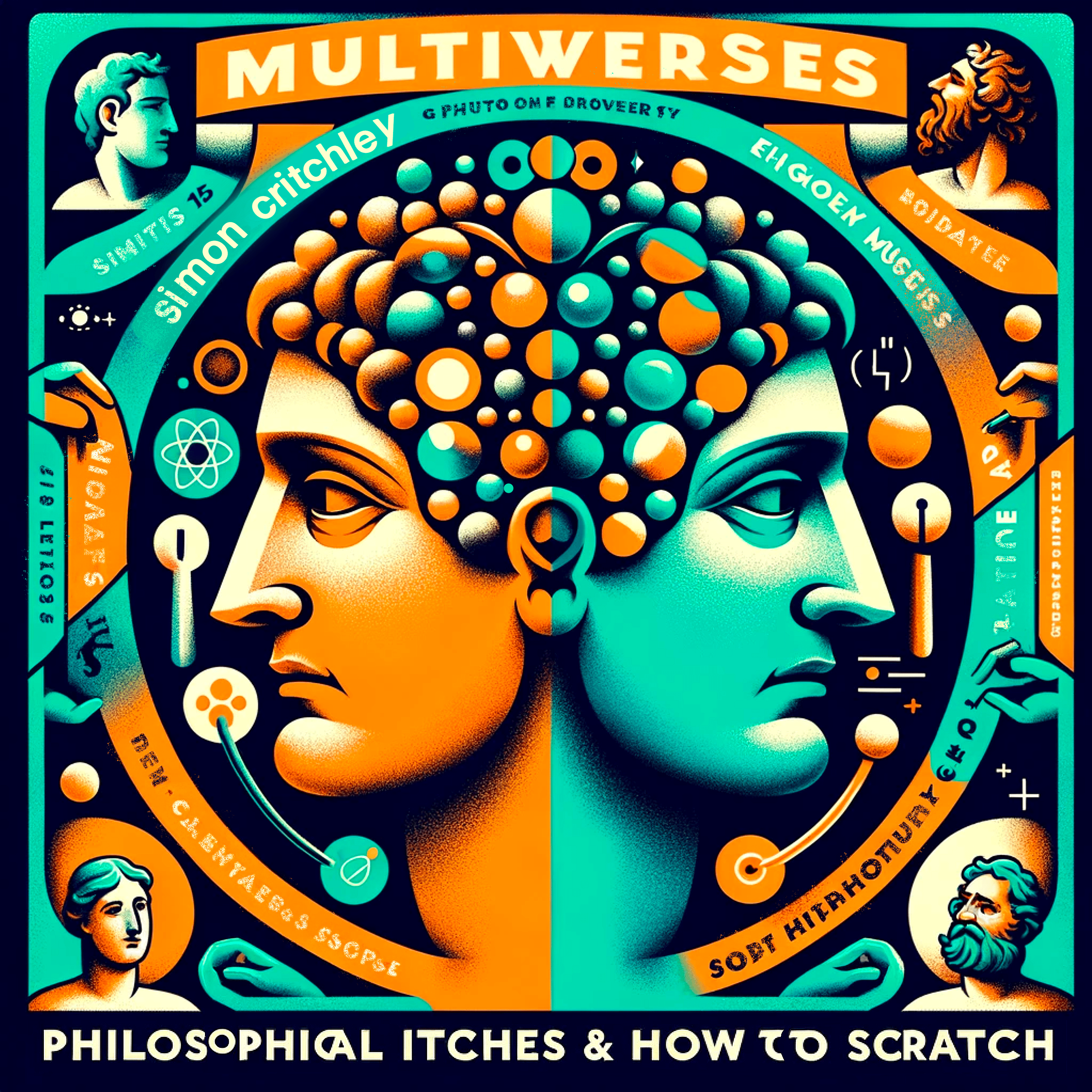
15 | Simon Critchley — Philosophical itches & how to scratch
From what human need does philosophy emerge? And where can it lead us?
Simon Critchley is Hans Jonas professor of Philosophy at the New School in New York, and a scholar of Heidegger, Pessoa, Footbal…

14| ChatGPT as a Glider — James Intriligator
Large language models, such as ChatGPT are poised to change the way we develop, research, and perhaps even think. But how do we best understand LLMs to get the most from our prompting?
Thinking of LLM…
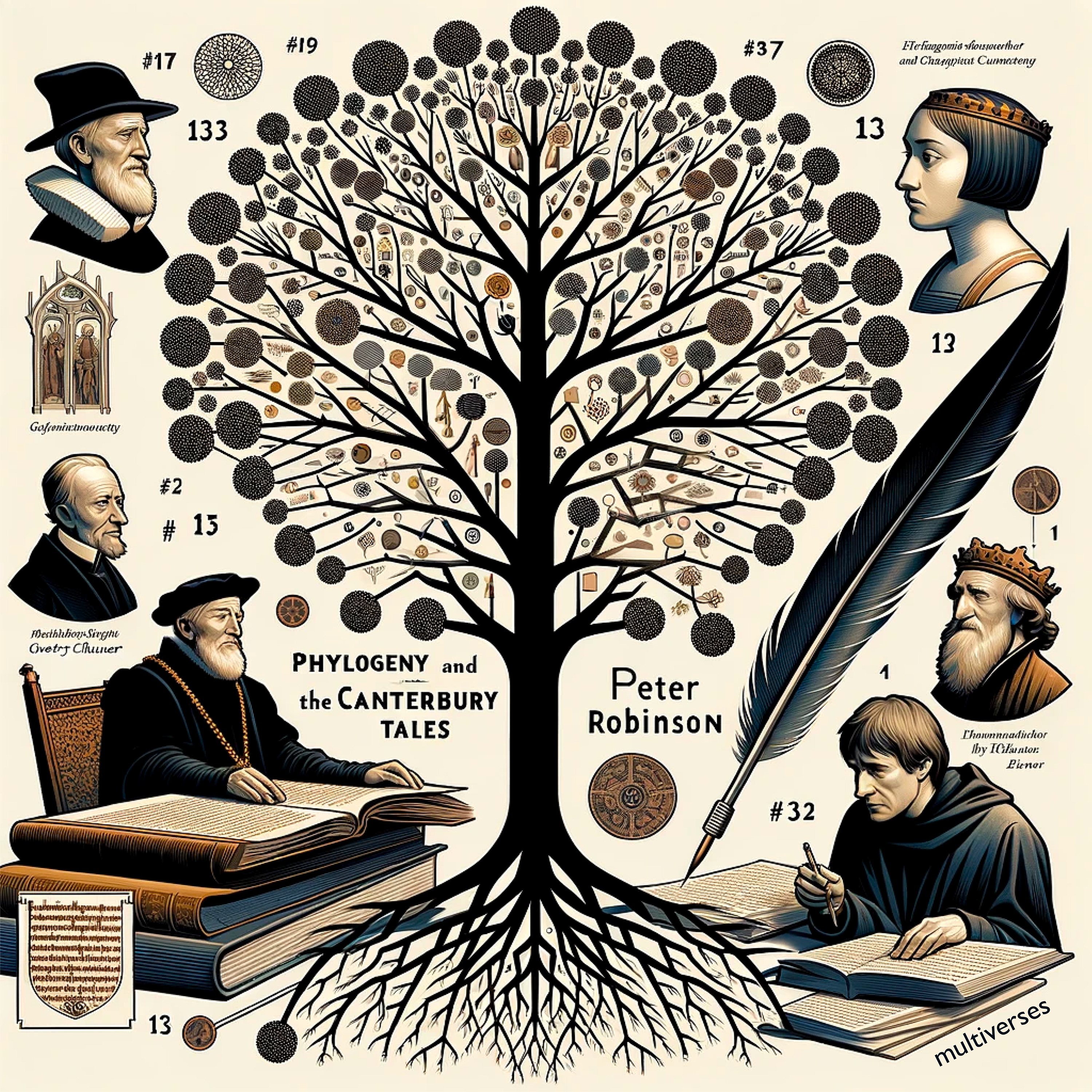
13| Phylogeny & The Canterbury Tales — Peter Robinson
The physical solidity of books encourages notions of "the text" or "the canonical edition". The challenges to this view from post-modernist thought are well known. But there are other ways in which t…
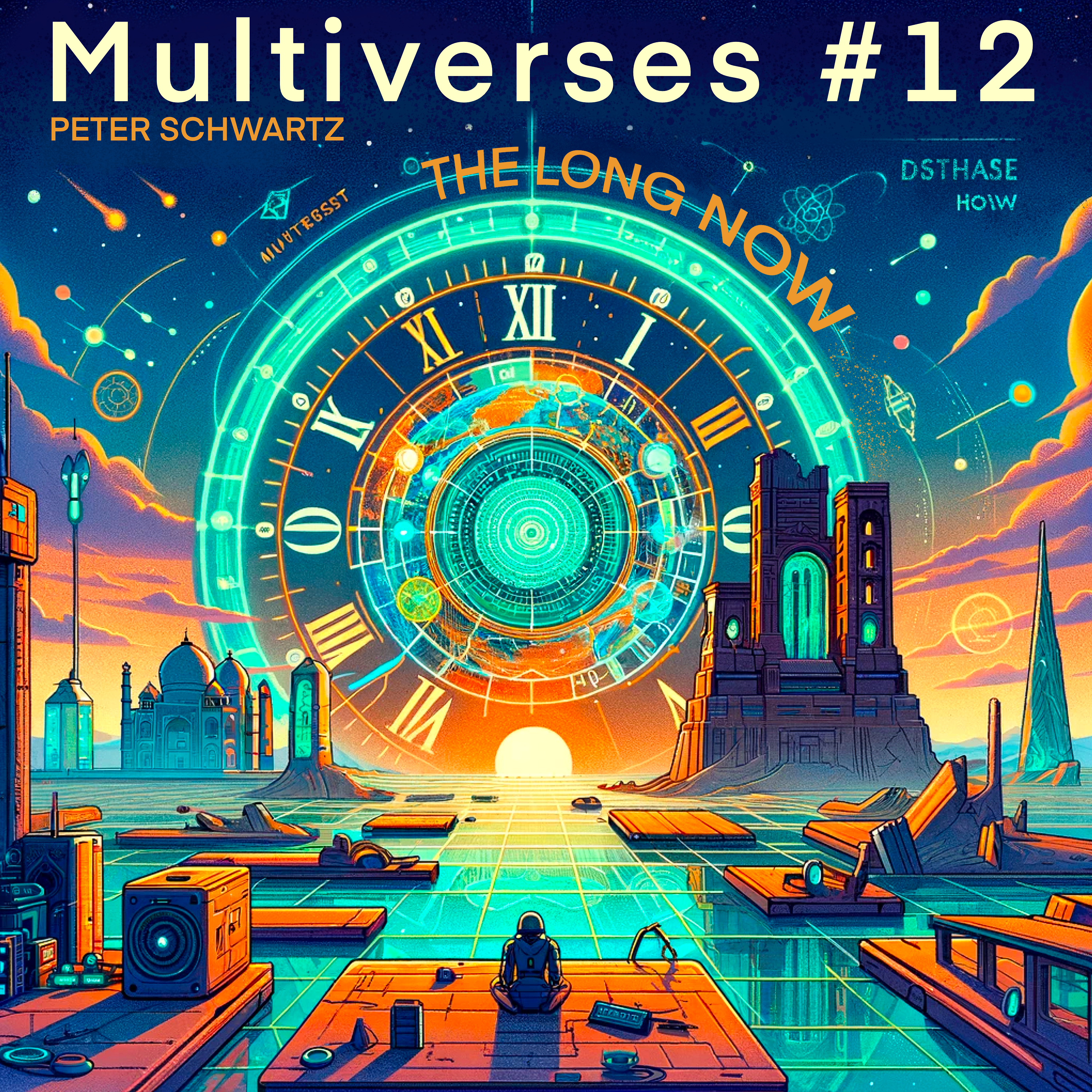
12 | The Long Now — Peter Schwartz
For hundreds of years, things changed slowly. Innovations were infrequent and spread inchmeal. Population, culture, and the atmosphere, all were static decade-to-decade. We now see rapid change.
It's…
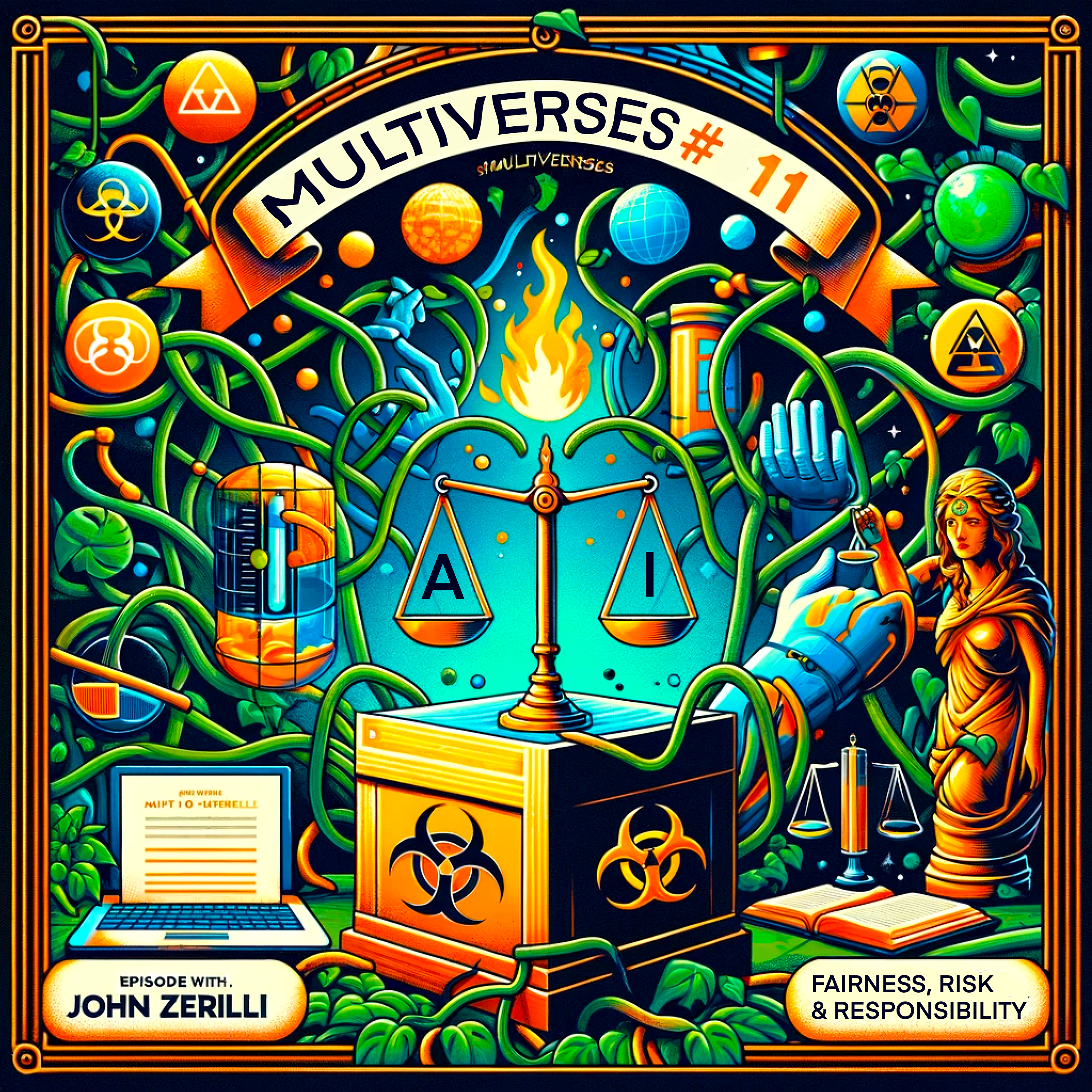
11| AI, Risk, Fairness & Responsibility — John Zerilli
AI is already changing the world. It's tempting to assume that AI will be so transformative that we'll inevitably fail to harness it correctly, succumbing to its Promethean flames.
While caution is du…
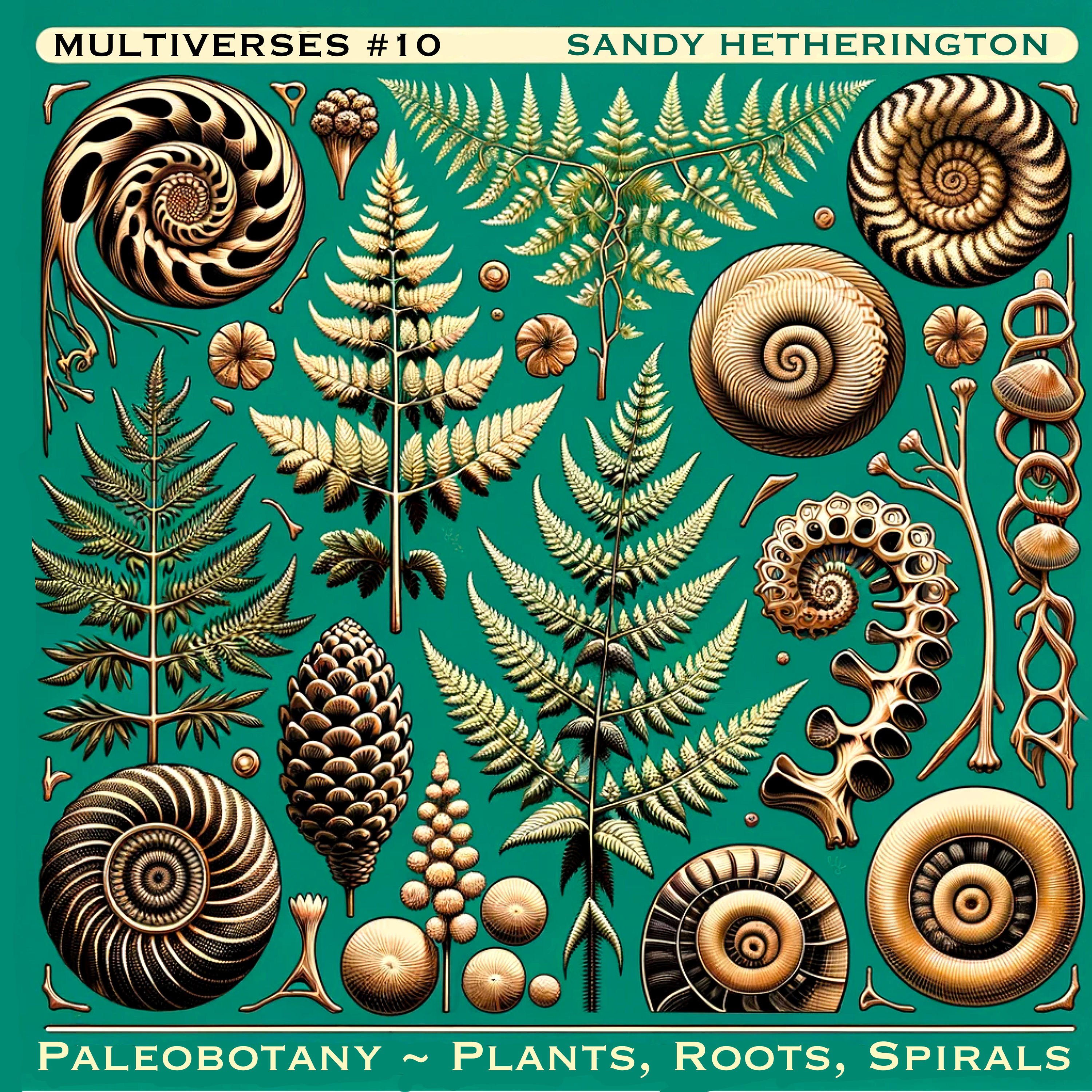
10| Plants, Roots, Spirals and Palaeobotany — Sandy Hetherington
Plants have transformed the surface of the earth and the contents of our atmosphere. To do this they've developed elaborate systems of roots and branches which (sometimes) follow uncanny mathematical…
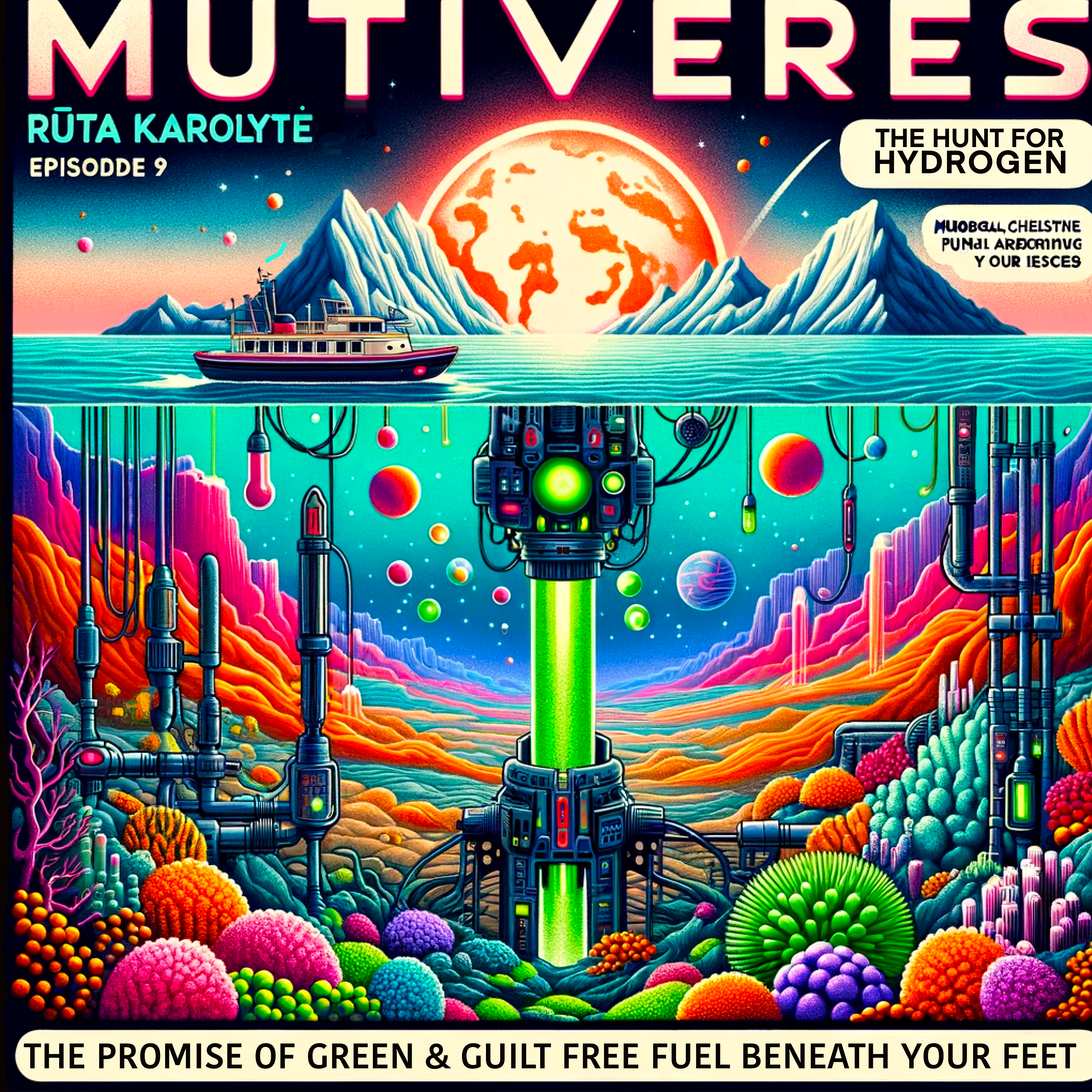
9| The Hunt for Hydrogen — Rūta Karolytė
Does the Earth contain enormous clean energy reserves? For many years the received logic was that hydrogen does not occur naturally in significant quantities without being bound to other atoms (such …
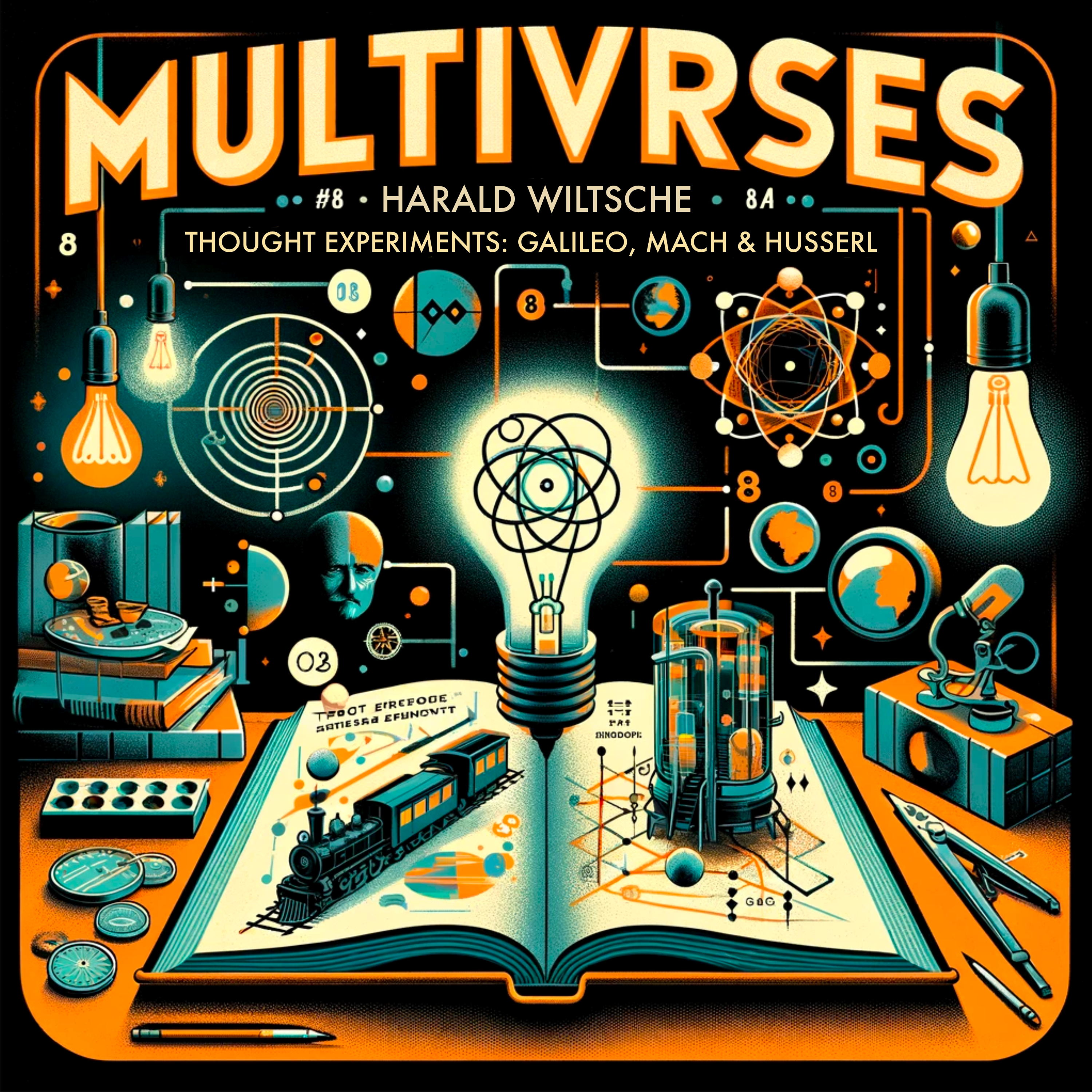
8 | Harald Wiltsche — Thought Experiments, Mach, Galileo & Phenomenology
Thought experiments have played a starring role in physics. They seem, sometimes, to pluck knowledge out of thin air. This is the starting point for my discussion this week with the philosopher Haral…
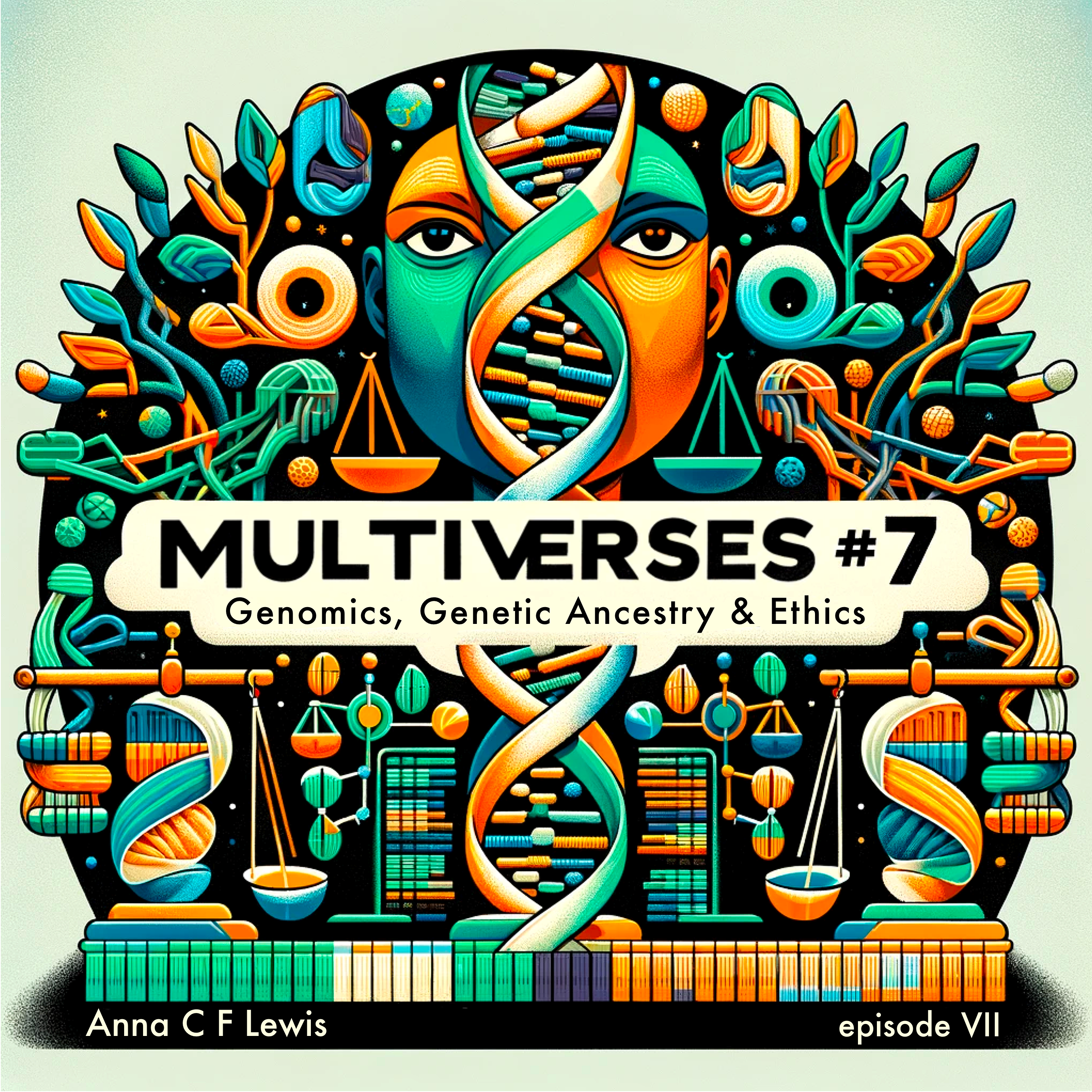
7| Anna Lewis — Genomics, polygenic risk scores, genetic ancestry, race & ethics
Genomics is leading a revolution in our understanding of disease. But the ways we pursue genomics research and the use we make of that knowledge demand careful thinking.
Anna is a researcher at The Ed…
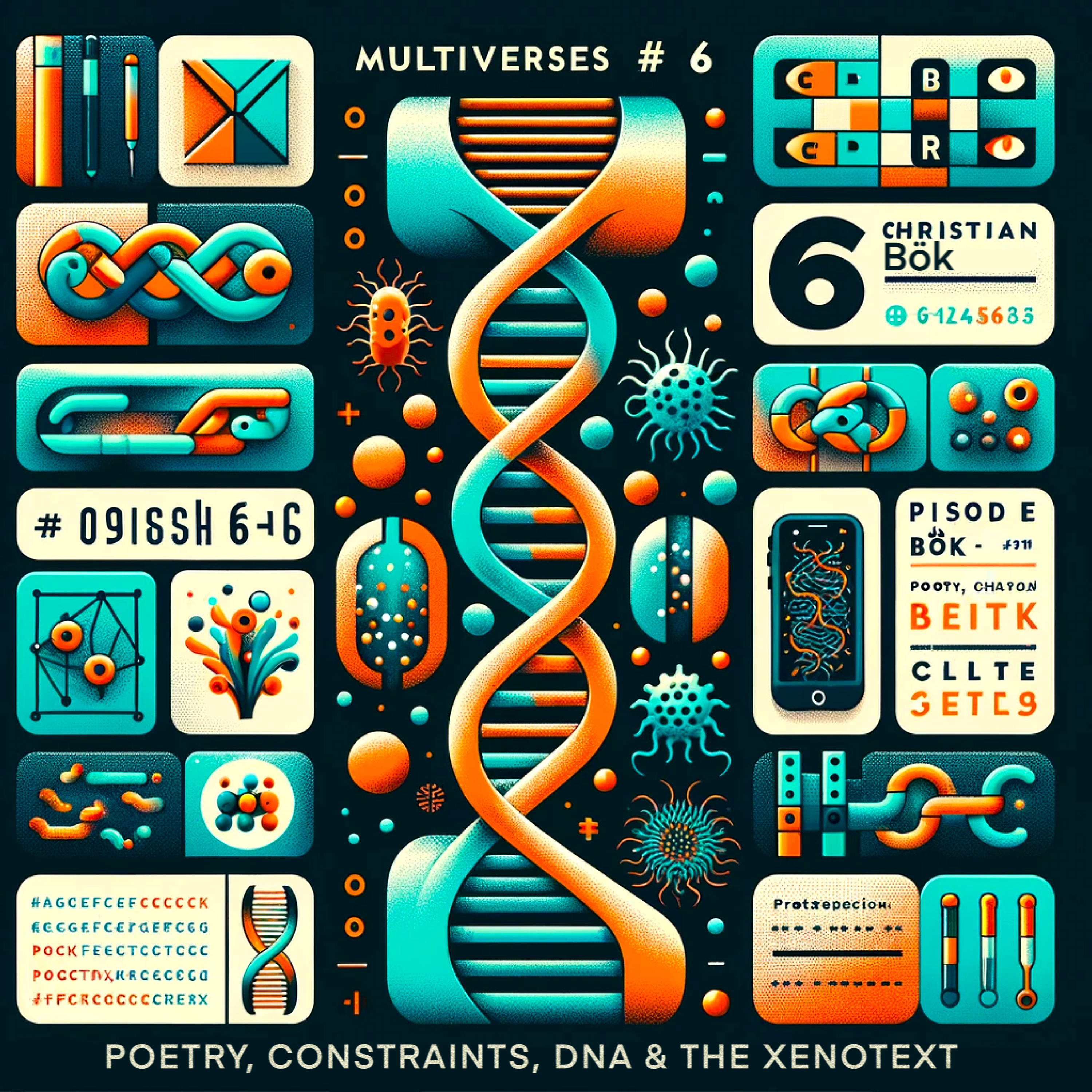
6| Christian Bök — Poetry, Constraints, DNA & The Xenotext
Christian Bök is an award-winning poet pushing the boundaries of the medium and exploring the capabilities of language itself. Rather than focusing on self-expression, Christian uses poetry as a labo…
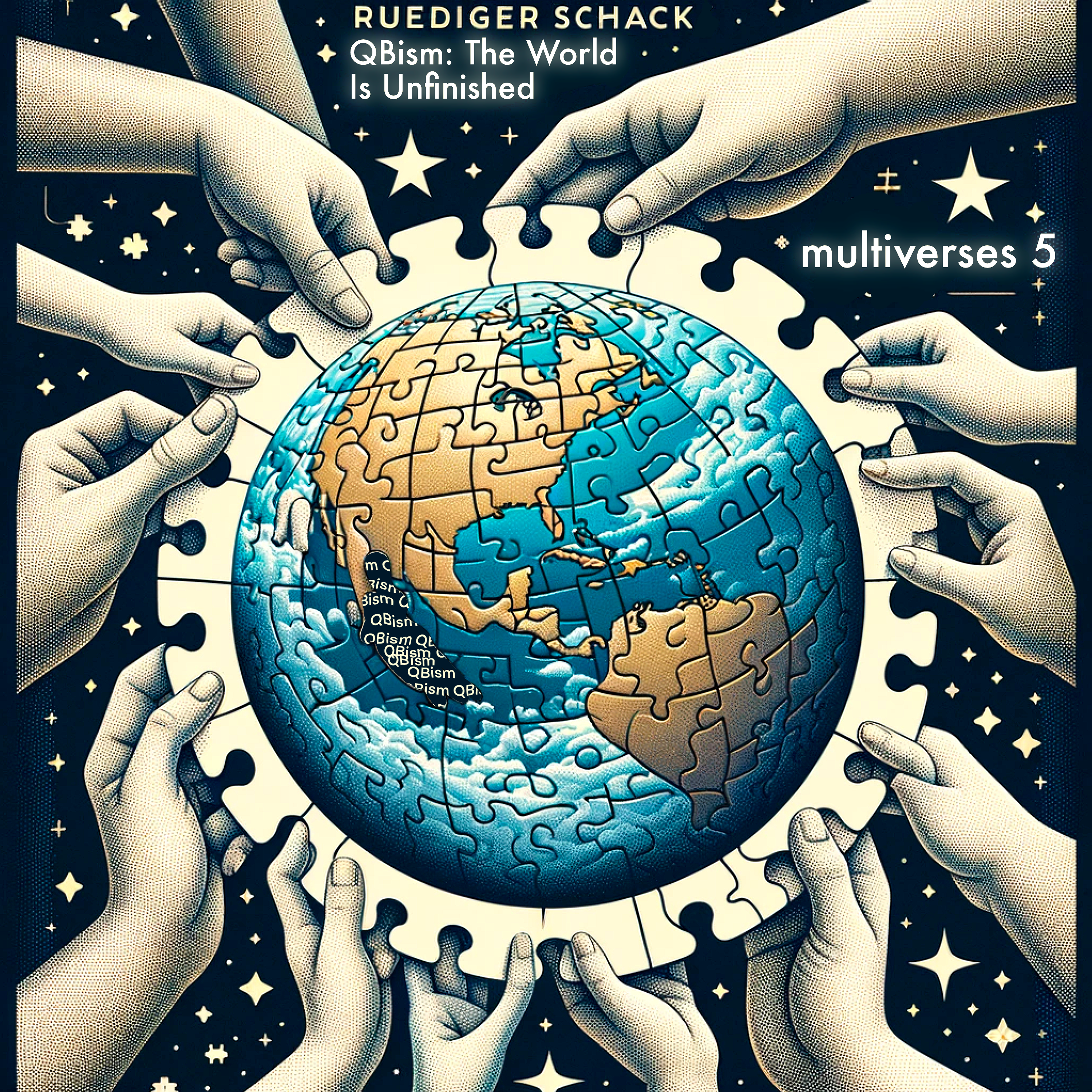
5| QBism: The World is Unfinished — Ruediger Schack
Is the fate of the universe predetermined? Many physicists and philosophers argue it is, particularly those who adopt the Many Worlds interpretation of quantum mechanics.
Our guest this week is Ruedig…
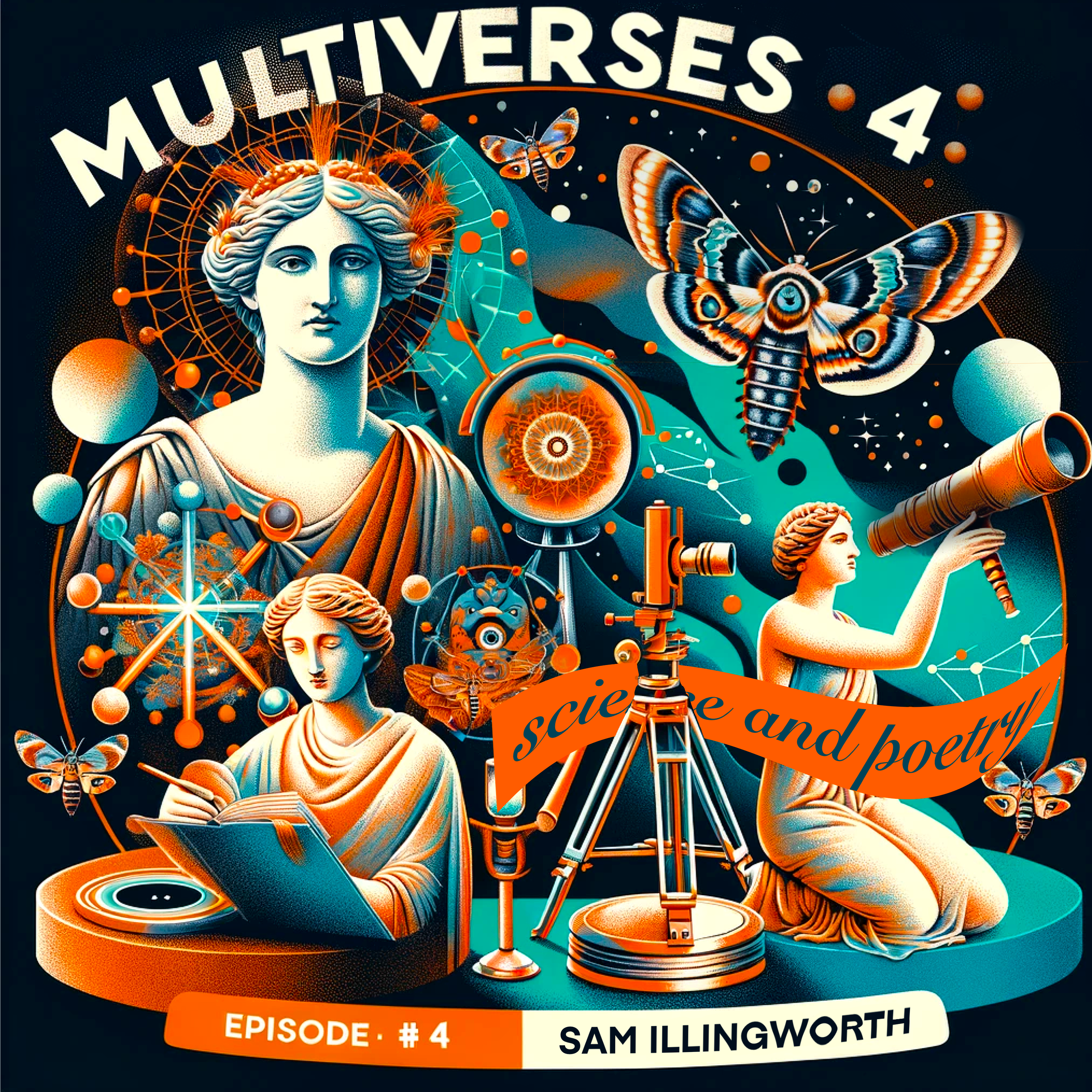
4| Science & Poetry — Sam Illingworth
Science and poetry are sometimes caricatured as opposing paradigms: the emotional expression of the self versus the objective representation of nature. But science can be poetic, and poetry scientifi…
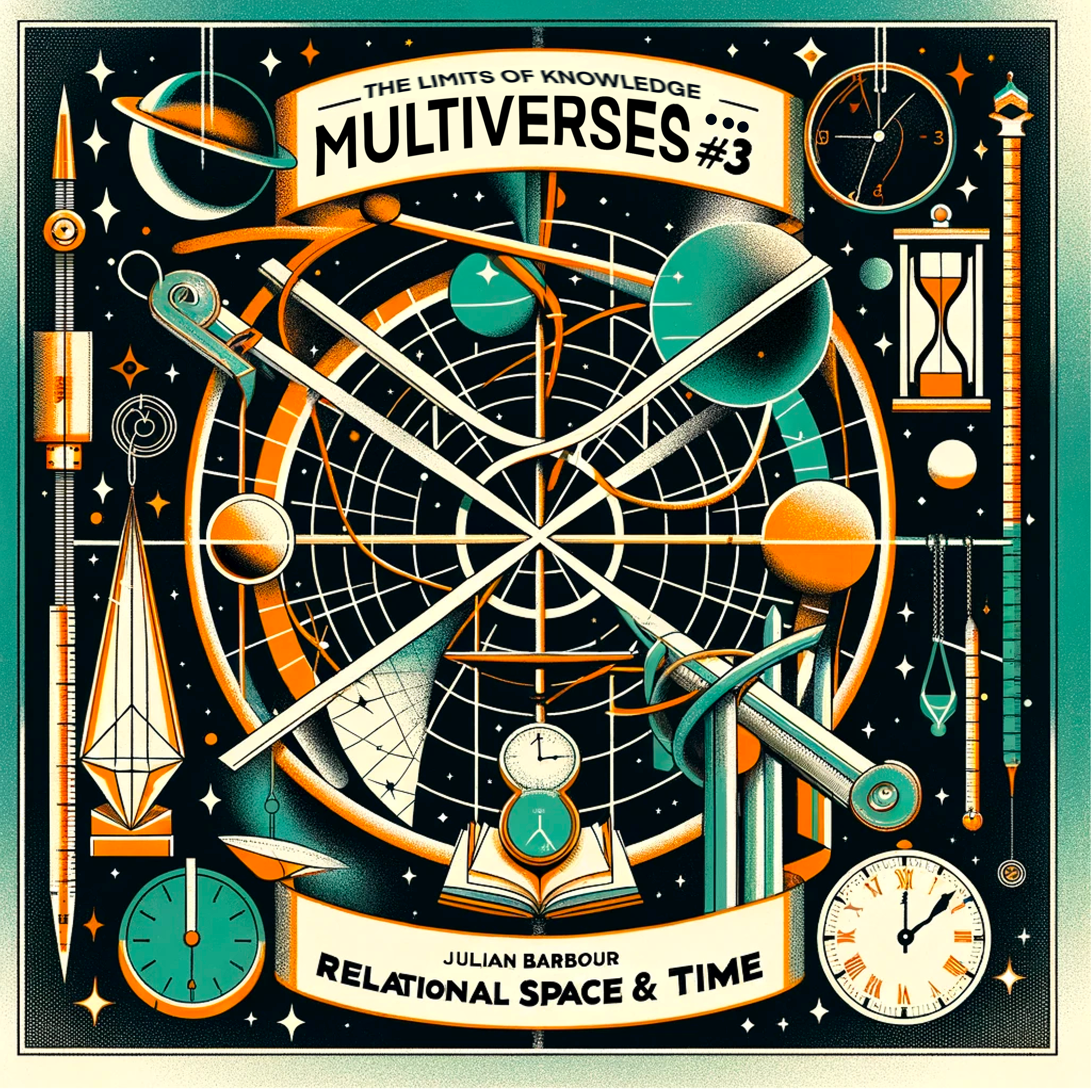
3| Julian Barbour — Relational Space and Time
Space and time appear in charts as axes oblivious to the points they demarcate. Similarly, we may feel that we, and all the objects of our worlds, are like such points — and spacetime is a container …
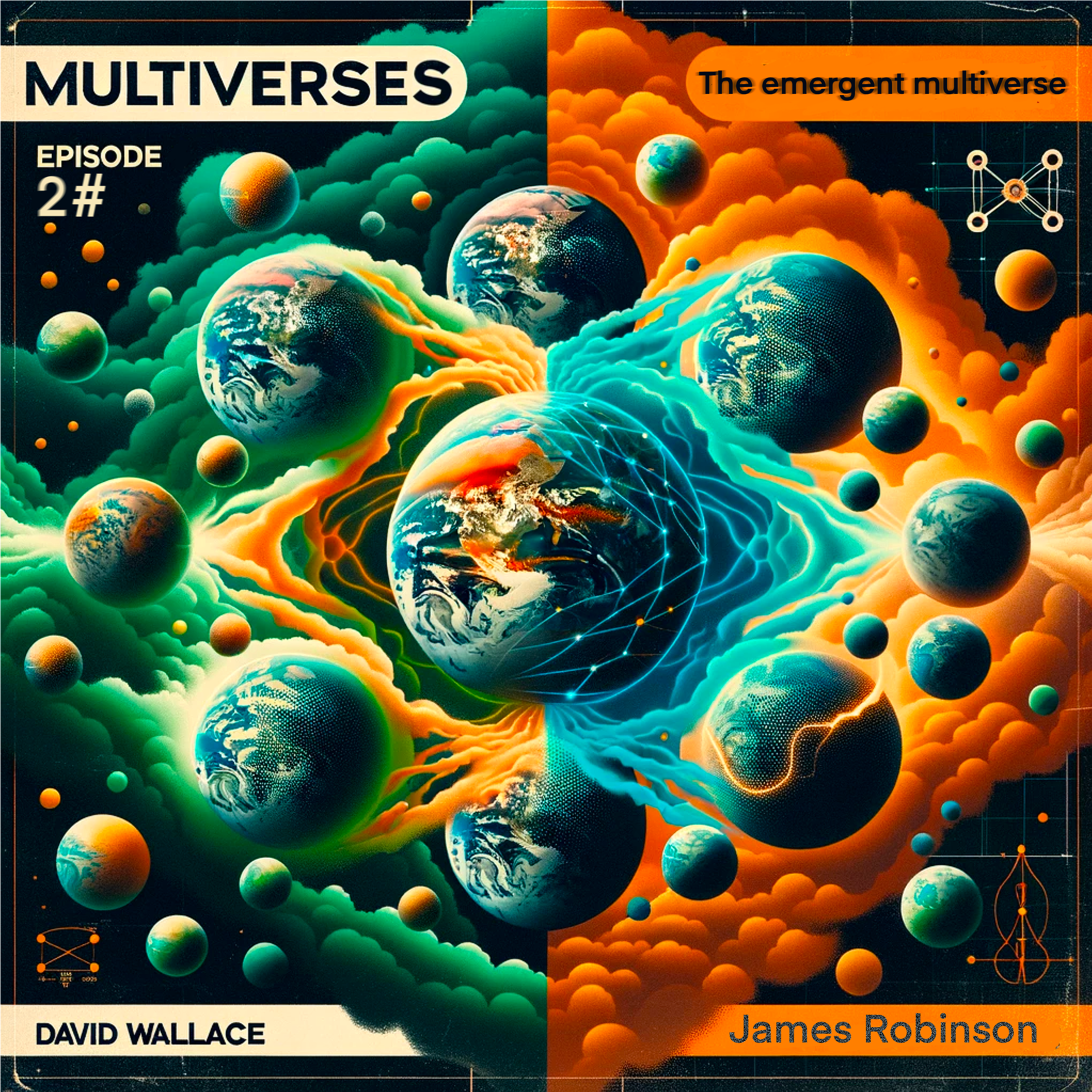
2 | David Wallace — The Emergent Multiverse
We live in a branching universe. If it can happen, it does happen.
These are the almost incredible claims of the Many Worlds Interpretation of quantum mechanics. Yet today’s guest, David Wallace, make…
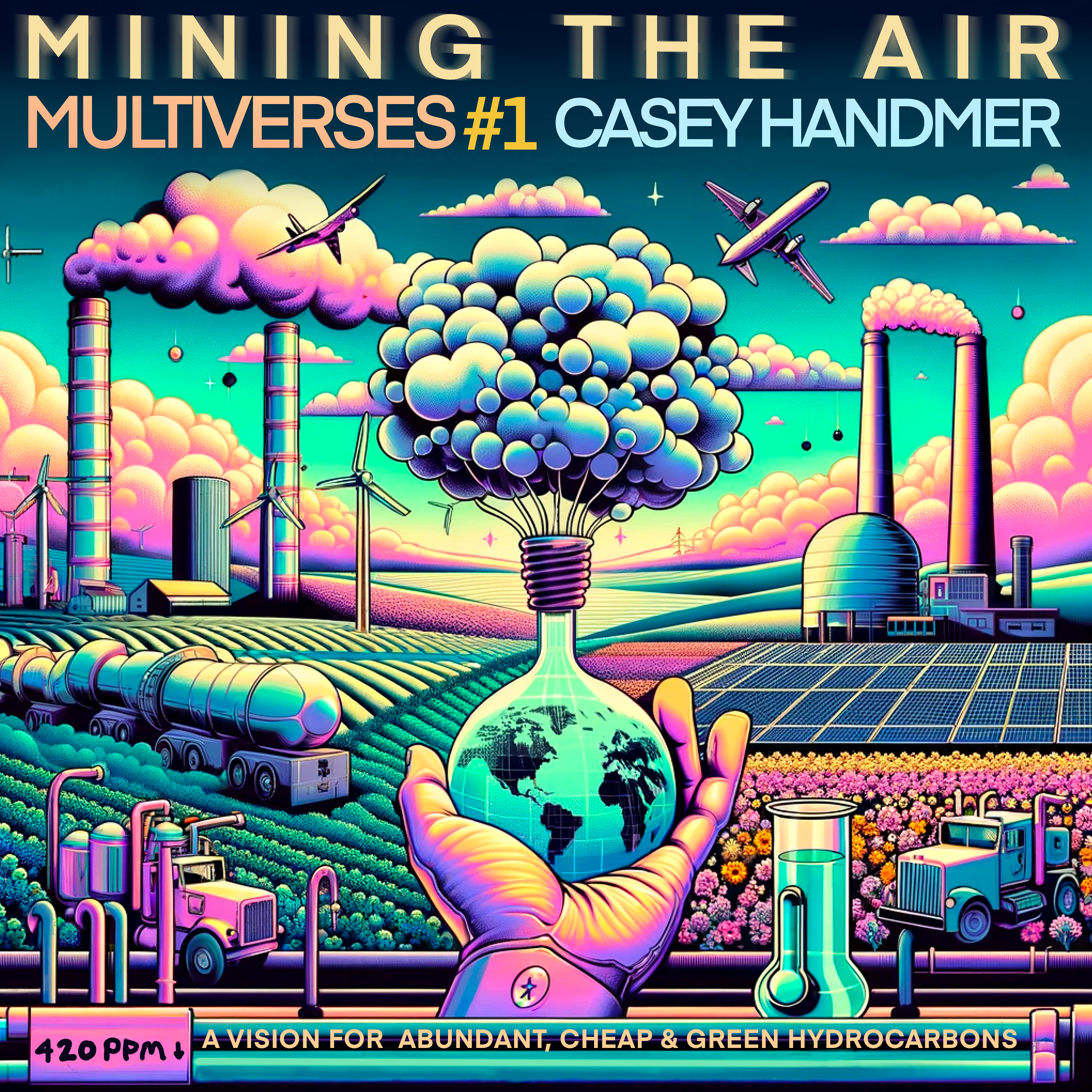
1 | Casey Handmer — Mining the Air
Casey Handmer is the founder of Terraform Industries (TI).
TI is pioneering air-to-fuel technology to manufacture methane (natural gas) from the air. Currently, we continue to extract enormous quantit…